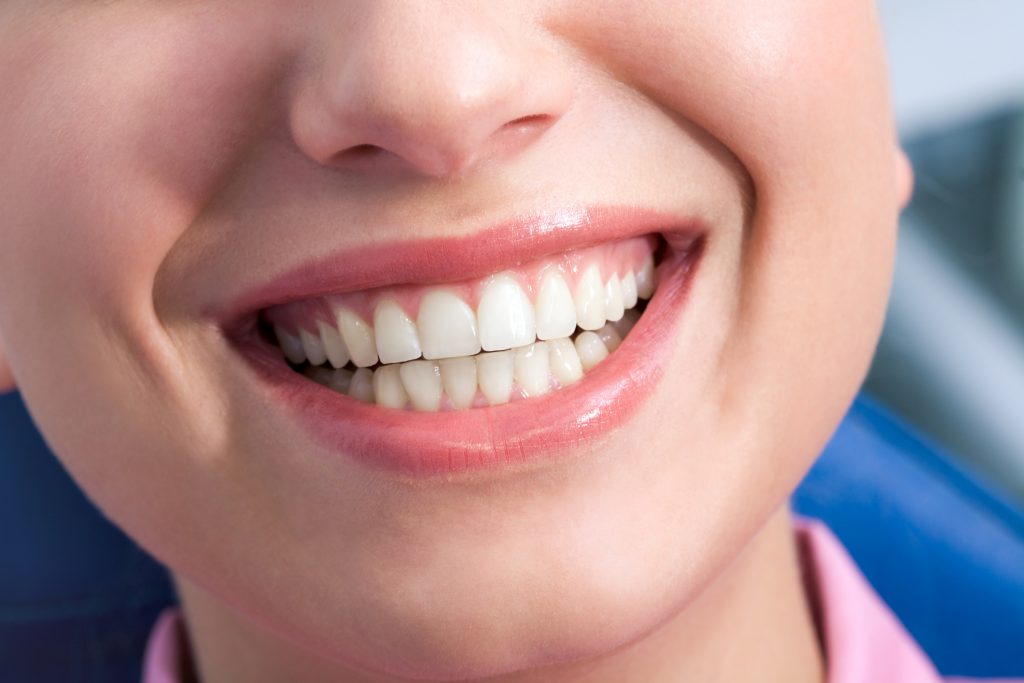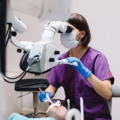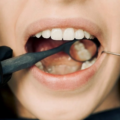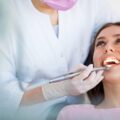A bright smile is not only attractive but also indicates good oral health. The condition of your oral cavity is closely related to various systemic illnesses, so taking care of your teeth and gums is critical for general well-being. A preventive approach to dental care can help avoid many problems, from cavities to gum disease. Here are six effective tips to help you maintain healthy teeth and gums for a lifetime.
1. Establish a consistent oral hygiene routine
Regular and comprehensive oral hygiene is essential for keeping teeth and gums healthy. Brushing your teeth twice daily, before breakfast and before bed, is critical for eliminating plaque and bacteria. To clean all surfaces of your teeth, use fluoride toothpaste and a soft-bristled toothbrush. Remember to clean your tongue to remove bacteria and refresh your breath.
Make flossing a regular practice in addition to brushing. Flossing removes plaque and food particles between your teeth and along the gum line, which a toothbrush can leave behind. Consider including an antibacterial or fluoride mouthwash in your daily routine to provide additional protection.
2. Choose a balanced diet for dental health
The foods and drinks you consume have a significant influence on your dental health. Choose a diet rich in fruits, vegetables, lean meats, and whole grains. These meals include critical minerals such as calcium and vitamin D, essential for strong teeth and healthy gums.
Minimize the consumption of sugary and acidic foods, as they can lead to tooth decay and erosion. Sugars and acids promote the growth of dangerous bacteria, producing acids that destroy tooth enamel. To reduce the impact of sugary foods on your teeth, try to eat them as part of a meal rather than as an independent snack.
3. Regular dental check-ups and cleanings
Professional dental check-ups and cleanings are necessary even with a careful at-home oral care routine. Regular dental appointments enable your dentist to recognize and manage possible concerns early on, preventing them from progressing to more severe conditions.
Professional cleanings eliminate plaque and tartar accumulation that routine brushing and flossing may skip. Your dentist may also provide tailored advice on your dental care routine and identify any areas requiring special attention. Search “general dentists near me” and choose an experienced and qualified specialist.
4. Stay hydrated
Water is not only crucial for your general health, but it is also essential for maintaining proper oral hygiene. Drinking water helps remove food particles, bacteria, and acids that may build up in the mouth. Moreover, fluoride, a mineral that builds dental enamel and helps prevent cavities, is often added to water. Make it your routine to drink water throughout the day, especially after eating or drinking acidic or sugary meals. Swishing water in your mouth after meals can help neutralize acids and reduce the risk of cavities.
5. Kick the tobacco habit
Tobacco use and smoking have severe consequences for dental health. Tobacco use is a significant risk factor for gum disease, tooth decay, and oral cancer. Quitting smoking is one of the most beneficial things you can do for your oral health and general well-being.
Tobacco products include toxins that may negatively impact your gums, reduce blood flow, and interfere with the healing process. Additionally, tobacco usage can stain your teeth, resulting in discoloration and a less brilliant smile. Seek help and tools to quit smoking and enjoy the long-term advantages of enhanced oral health.
6. Protect your teeth during physical activity
Protecting your teeth if you participate in sports or activities that pose a risk of dental injury is critical. Wear a mouthguard, especially if you engage in contact sports. A mouthguard works as a cushion, protecting your teeth, lips, tongue, and jaw from injury. Compared to over-the-counter options, custom-fitted mouthguards from your dentist provide higher protection.





































No Comments